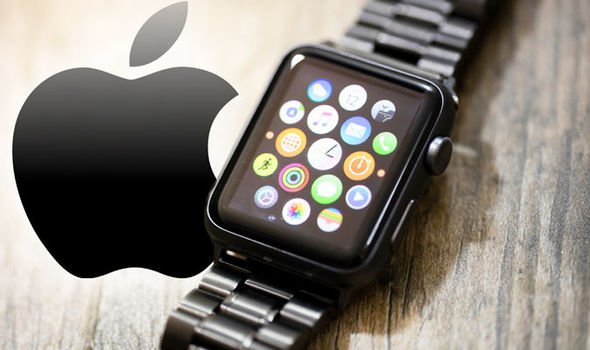Google recently announced its plans to buy Fitbit, a wearable technology company, which has some outstanding features in this market but is facing an economic crisis. This is not an isolated fact and not only has to do with Google’s plans to fight with products like the Apple Watch, as data protection experts emphasize that health data collected about the millions of Fitbit users could be more worthy to Google than the technological devices brand itself.

According to its own figures, Fitbit has about 28 million users nowadays, of whom the company stores heart rating, sleep measurement, among other health metrics. For obvious reasons, there are people who believe that Google could abuse all of these records, collected by Fitbit for nearly ten years, to deploy aggressive targeted advertising campaigns to users of these devices.
Almost immediately these rumors were heard by the company, which was quick to publish a statement ensuring that it is not intended to misuse these sensitive details: “We will be completely transparent about the information that these devices will be able to collect; health data obtained by Fitbit will not be used by Google for advertising purposes, and users will have full control over their information,” the company’s announcement says. In addition, data protection specialists emphasize that one of Google’s main information security policies is not selling to any third party the information collected by the company through its various services.
However, Google’s unfortunate record on privacy scandals makes many doubtful about the company’s good intentions. In addition, Google (or rather Alphabet Inc.) also owns Verily, a company specializing in health sciences, where the millions of records accumulated by FitBit and, to a lesser extent, the existing Google Fit would perfectly fit.

Although, as already mentioned, Google does not share information with third parties, the company has, in practice, complete freedom over the use of the information collected by the entire ecosystem of its services, so its health division would have reach a ‘gold mine’ in the form of data from at least 20 million active users of these services, which, in addition to potential data leaking and breaches, paints a complex picture, which many data protection experts consider only contributes to make the work of protecting people’s information more complex.
Another problem that this acquisition would face is product development, as the production and design of its devices was always a weak point for Fitbit; the use of only partially developed components, the ambiguity of the approach of this technology (many times we do not know if we are using a very expensive watch or a very economical health monitor) are problems that the company will face.
Data protection specialists from the International Institute of Cyber Security (IICS) believe that the company should do much more than release a statement to clarify any doubts that this new project generates among the cybersecurity community; if they are really looking to compete with Apple in the wearables market, ensuring information security could be a critical step.

He is a well-known expert in mobile security and malware analysis. He studied Computer Science at NYU and started working as a cyber security analyst in 2003. He is actively working as an anti-malware expert. He also worked for security companies like Kaspersky Lab. His everyday job includes researching about new malware and cyber security incidents. Also he has deep level of knowledge in mobile security and mobile vulnerabilities.










